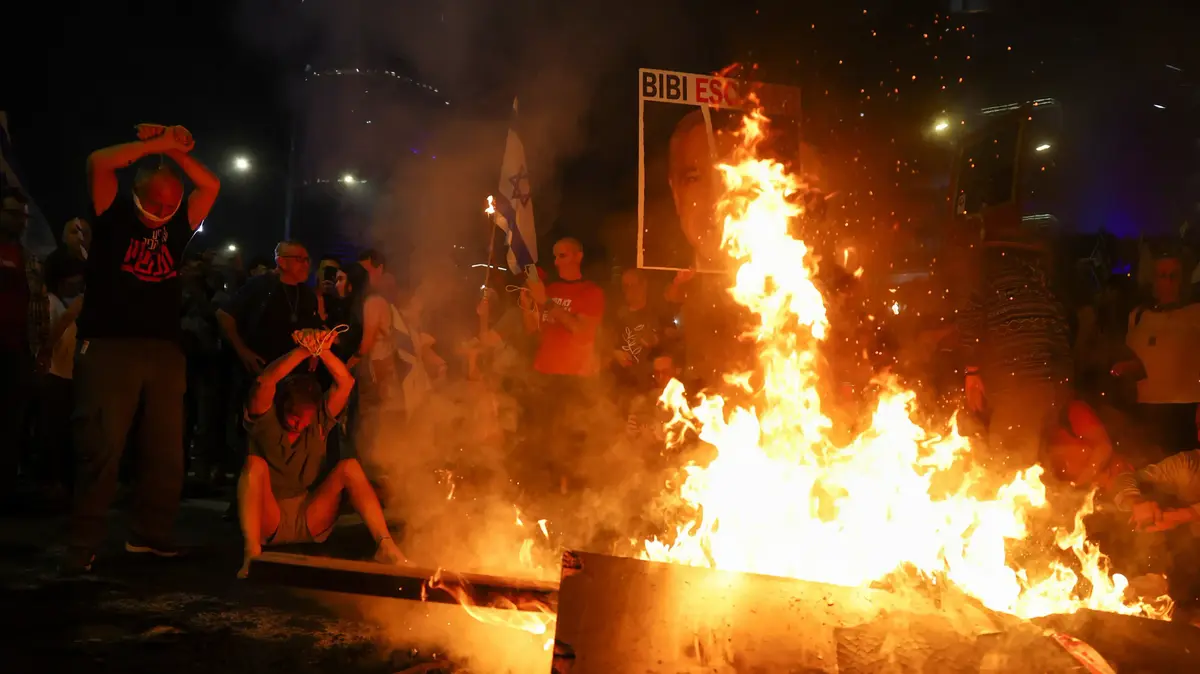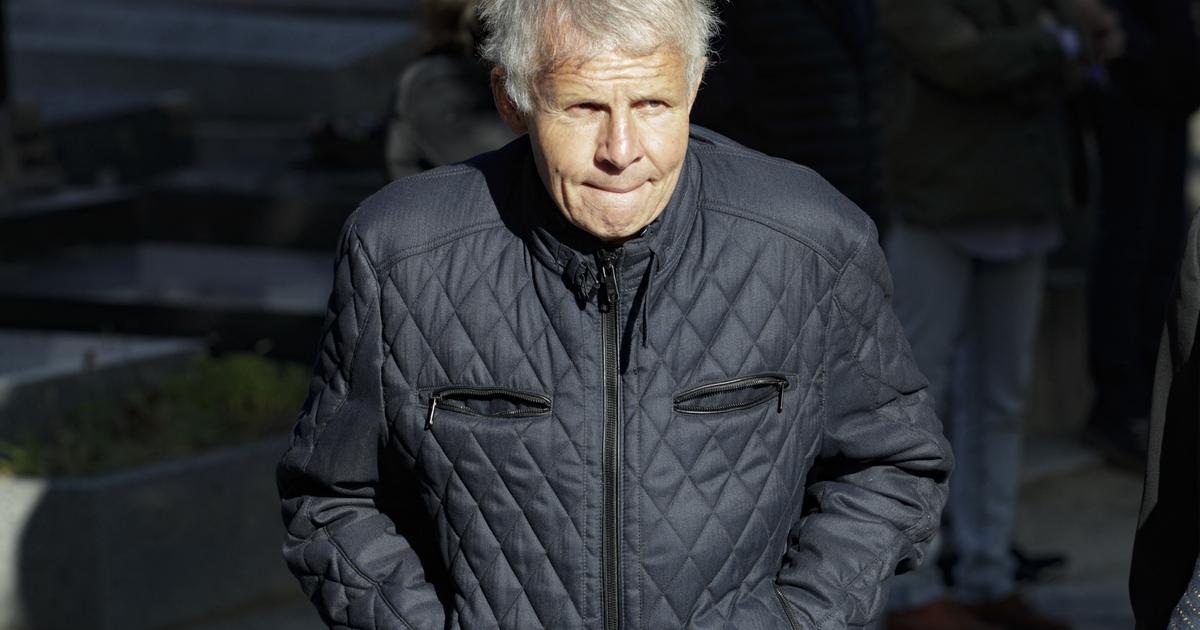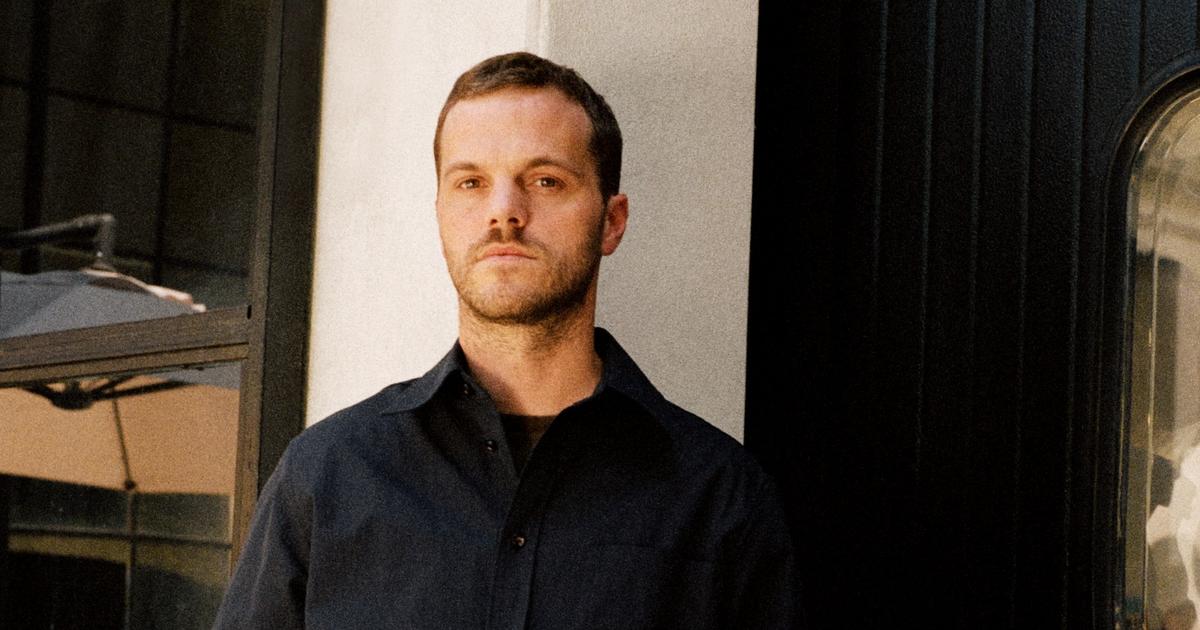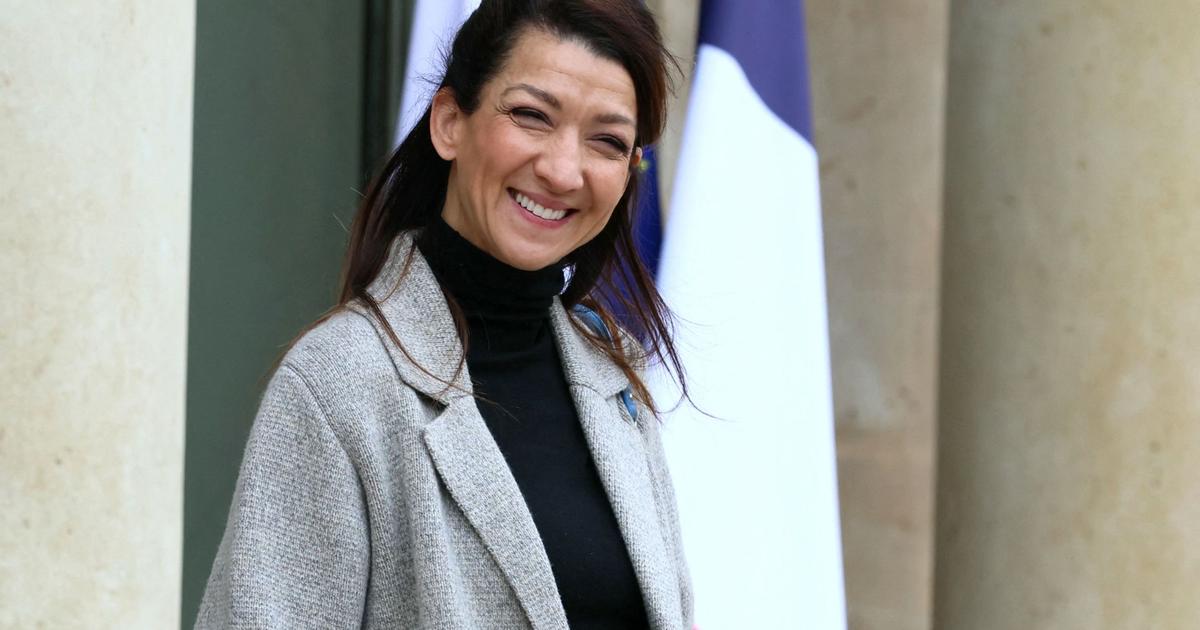In the last edition of the Oscars, the American filmmaker Sarah Polley took the stage of the Dolby Theater in Los Angeles to receive the award for Best Adapted Screenplay.
Her surprise and happiness were notorious.
She thanked the Academy for not taking offense at the pun in the film she directed,
Women
Talking.
The title of the film, for Latin America, was presented as
Ellas hablan
, an adaptation of the novel written by Canadian author Miriam Toews, about a series of abuses committed in a Mennonite colony against a dozen women.
Although the film mentions that the story is based on true events, it does not go into detail about where it happened.
The horrors to which he refers occurred in the Manitoba neighborhood, in the department of Santa Cruz, in Bolivia, 15 years ago.
150 kilometers from the city.
For years, more or less from 2005 to 2008, hundreds of women, including the elderly, adults and adolescents, were systematically drugged and raped while they slept.
The abuses were committed by a group of men from their own community, between the ages of 20 and 40, who used powerful sleeping pills to sedate their victims, the men in the house and even the dogs at night.
In this way they proceeded to commit these violent acts.
Initially, the attacks were attributed to "ghosts or demons."
Some community members dared to claim that God or Satan was punishing them for their sins.
Others accused them of "wild female imagination."
Everything was uncovered when the father of one of the rapists began to have suspicions regarding the way his son behaved, since he did not wake up early as before and disappeared from his home at night.
Until he finally followed him and discovered the atrocities he was committing.
He was brought before the council of elders of the colony and the young man confessed everything.
The houses where he had entered, the victims and their accomplices, according to the prosecutor in charge of the case at the time.
Nine men were placed at the disposal of the Bolivian authorities, handed over by the council of elders and the religious authorities of the colony who, in this type of Anabaptist community, tend to solve their problems and manage the colonies without the intervention of external authorities.
The men were sentenced by the Bolivian justice system to 20 years in prison, but as Toews - an expert in Mennonite culture due to her ancestry - explained to him in an interview with EL PAÍS, in these autonomous colonies there is no external help available when this type of event occurs. of crimes.
So of course it wasn't a surprise or surprise to her that they continued for so long.
“The number of incidents of sexist violence in the homes of these neighborhoods is very high and, for the most part, the world is indifferent, which is just what the elderly and religious leaders like.
When the outside world begins to show interest in these crimes, the colony packs its bags and goes to even more remote parts of the world where they will be left alone and free to act with impunity”, added the writer.
And this couldn't be more true.
Just last year it was revealed that, imitating what happened the previous decade, another six men, between adults and adolescents, were arrested for the rape of 40 Mennonite women.
The attacks occurred, this time, in the communities of Belice and Piedra Dos, some 100 kilometers east of Santa Cruz.
According to the detainees confessed to the Prosecutor's Office, the women were doped with a mixture of anesthesia and sexual stimulants for animals, which they administered with a spray.
However, this time it was the women who filed the complaint with the Bolivian authorities, who intervened in the communities.
The focus, the annoyance and the general attention of the Bolivian population returned to these attacks, at a time when the judicial system is questioned and different voices are calling for its restructuring, due to its lack of effectiveness, compliance and corrupt acts.
Last year the existence of a network of judicial mafias came to light that, in exchange for money, released sentenced feminicides and rapists from prison.
It was in this way that it was announced that one of those convicted of abusing more than 150 women in Manitoba was released without serving his sentence, after having paid $ 25,000 to a judge.
The Bolivian government recaptured the convict and the judge who freed him is being prosecuted.
An investigation by Mujeres Creando released a list of at least 500 irregular cases, including 84 convicted of rapes and femicides who were on probation in Bolivia.
This group sees it necessary to think about a feminist justice system that works parallel to the ordinary justice system and the original indigenous justice system, which is recognized in the Political Constitution of that country.
The film and the work questions, through its protagonists, the world and the system where this type of abuse is committed, which, after all, is regulated and was created by men and for men.
In this sense, what Polley said in her acceptance speech for the statuette is fundamental: “Miriam Toews wrote an extraordinary novel about an active democracy where women defend their future free from violence, and they do so not only by talking to each other, but also also listening.
The last line of the film is recited by a young woman to a baby, saying, 'Your story will be different from ours.'
It is a promise and a commitment”.
The image of the week: Beatriz vs El Salvador
A group of women demonstrates waiting for the Inter-American Court of Human Rights to condemn El Salvador for the case of Beatriz.MAYELA LOPEZ (REUTERS)
By Noor Mahtani
This Wednesday, all Latin American feminists had their eyes on one place: the headquarters of the Inter-American Court of Human Rights.
There, in Costa Rica, the two days of the hearing of the Beatriz vs. El Salvador case took place, a trial in the highest regional court to discuss for the first time the consequences of the absolute criminalization of abortion.
The litigation is embodied by a young woman with lupus who died from seeing her medical condition "extremely" weakened as a result of an unviable pregnancy that the State forced her to carry to term.
81 days after her request for interruption and after the precautionary measures of the Inter-American Court of Human Rights, which urged the State to terminate the pregnancy, Beatriz underwent a cesarean section.
The fetus died five hours later and the physical and mental health of the young woman "was never the same again", as her mother explained at the hearing.
“For my daughter, making the decision to want to continue living was torture,” she said.
A ruling in favor of Beatriz can change the least guaranteeing legislation in the Americas and serve as a precedent for the other four countries that consider abortion a crime: Nicaragua, Honduras, Haiti and the Dominican Republic.
The right to abortion, as expressed by Tania Renaum, executive secretary of the Inter-American Commission on Human Rights, "is not a new conversation, it is a pending conversation."
The conversation and the historic ruling are in the hands of the seven magistrates of the Court.
The decision could be known later this year.
Our recommendations of the week:
subscribe here
to the
EL PAÍS México
newsletter and receive all the key information on current affairs in this country















